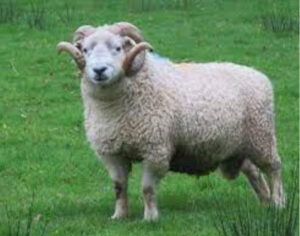An over active thyroid or hyperthyroidism, is a common disease in older cats. It causes a variety of different signs and can cause major problems to the heart and kidneys.
As our cats get older they often get slightly quieter, sleep more and eat less anyway; the most common initial sign of hyperthyroidism is eating a lot of food but losing significant weight despite this (another disease that does this is diabetes).
When a cat develops hyperthyroidism, it is due to the thyroid gland becoming over active, occasionally it can be due to cancer in the thyroid gland. The thyroid then produces a lot of thyroxine hormone; this has an effect on the metabolism and speeds everything up. The heart beats faster and works harder, sometimes the blood pressure is raised. Raised blood pressure can lead to blindness, kidney damage and heart disease. The thyroid hormone increases the cats activity levels, more food is needed to keep the calorie intake up and this food is not always absorbed well so weight loss continues. Other signs of hyperthyroidism include diarrhoea, vomiting, bad temper, voice changes and rarely seizures. Sometimes they have reduced appetites as they feel generally unwell.
Overall having an over active thyroid can make your cat very poorly and shorten their life considerably. If you suspect that your cat is suffering from hyperthyroidism we can perform a straight forward blood test to check. We usually also for check other problems that may be masked by the hyperthyroid.
Once we have diagnosed an overactive thyroid we can decide on which is the best treatment for each individual cat. There are several ways of treating hyperthyroidism in cats; we often start with a liquid or tablet medication. This can be used as a short course to stabilise the cat before other treatments, or can be used long term. Other treatments include removing the thyroid glands; this can be very effective especially in slightly younger cat but there are risks from the anaesthetic and also possible damage or bruising to the parathyroid glands which are very close. If the parathyroid gland is damaged it can mean long term medication for this instead of the thyroid. Another course of action is radioactive iodine treatment; this can work well, but does mean going to a specialist centre for radioactive therapy and staying for up to 3 weeks for the treatment.




